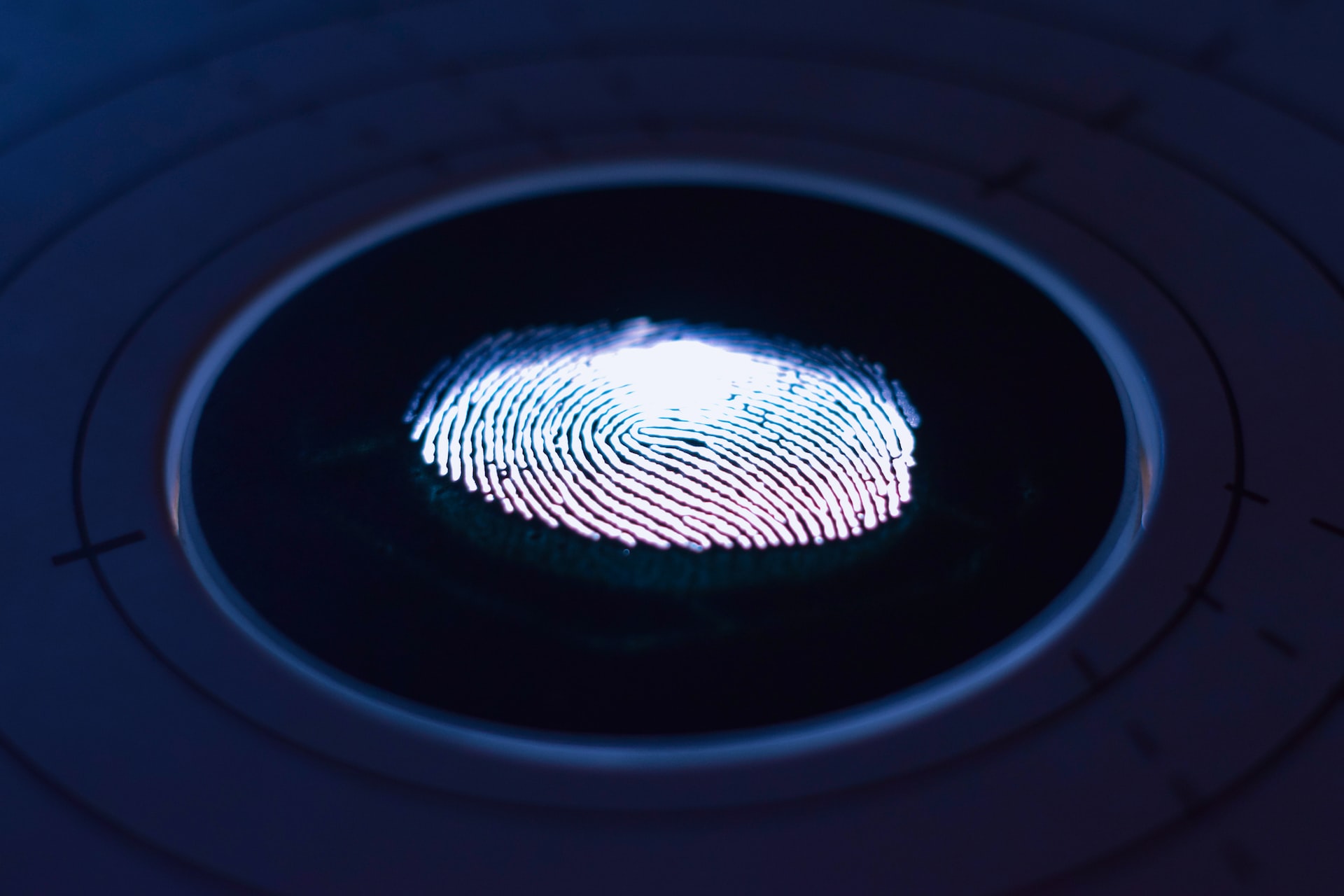Fingerprint-based background checks are performed by the Criminal Justice Information Services (CJIS) and State Identification Bureaus. Employers can use this background check to minimize risk and increase workplace safety. In addition, fingerprint-based background checks are highly accurate, eliminating false positives and reducing turnover.
They Reduce Turnover
Fingerprint-based background checking is a helpful method of verifying an applicant’s past criminal activity. It is now used in several industries, including the security sector. It is often used with name-based background checking to cross-reference criminal history. It is a valuable tool, particularly for employers, and experts such as Sterling Check can assist you in conducting a thorough check.
However, fingerprint-based background checking is not the ideal solution for some purposes. For example, the information gleaned from this method does not always reflect arrest records and is not always complete.
Moreover, it does not show whether a person has been acquitted or if the case has been dismissed. This means that it may give a wrong impression about a potential employee. As a result, the EEOC has issued guidance on fingerprint-based background checking. Incorrect or incomplete information can cause a disparate impact and lead to an organization’s legal liability.
While fingerprint-based background checking is often the most accurate method of identifying criminal histories, it is still not as thorough as a name-based background screening. Fingerprint-based background checks use only one database, while name-based statements use a variety of sources to find arrest and conviction records.
They Remove False Positives
Name-based background checks are often inaccurate and prone to false positives. For example, a name-based search may show a person’s criminal history, while a fingerprint-based background check shows the person doesn’t have any criminal record. Also, name-based statements can lead to false negatives due to missed identifications. Fingerprint-based background checks can remove these problems and provide more reliable results in a few days.
Fingerprint-based background checks are often more accurate than name-based background checks because they use a person’s fingerprint instead of a person’s name.
The Fair Credit Reporting Act Regulates Them
Fingerprint-based background checking is a form of background screening that uses a fingerprint to verify the authenticity of an applicant’s identity. This type of background check may be necessary for employment purposes, such as for law enforcement agencies and airports, or it may be voluntary, depending on the industry. It can also check a person’s criminal record or alias information.
Fingerprint-based background checking is regulated under the FCRA and must follow specific procedures. Failure to comply with these rules can result in private lawsuits and fines from the Federal Trade Commission and the Consumer Finance Protection Bureau. using this CRA that complies with the law is essential, as this will help ensure you make the right hiring decisions.
They Can Be Verified Against Local And National Law Enforcement Records
Fingerprint-based background checking is an effective way to confirm potential employees’ backgrounds. This method involves cross-referencing an applicant’s fingerprints with the FBI’s national database. Applicant prints are digitally scanned at a collection site and sent to the FBI electronically. The database contains local, state, and federal information, including criminal records.
Fingerprint-based background checks are conducted by fingerprinting agencies, State agencies, and vendors. The fingerprinting entity must submit the fingerprint record of an applicant to the State Identification Bureau, which in turn forwards it to the FBI. In April 2012, the FBI stopped processing hard cards. In addition, fingerprinting agencies must rely on authorized electronic fingerprinting vendors to collect fingerprints.
Fingerprint-based background checks have their limitations. Not every arrest is documented in a criminal record, so fingerprints may not reflect every arrest. Additionally, arrest records may not indicate whether the case was resolved, meaning employers may not have complete information about the individual’s background.



